When issues involve other members of your household, family therapy is an effective option to improve the relationships between the parties involved. A family therapist doesn’t take sides during therapy, even though the therapist may also see family members individually. The goal is to talk through issues openly and honestly, so you and your family can live and function better.
A family therapist does not criticize, blame, or take sides during family therapy. The therapist helps the family become more aware of subtle dynamics that may be the source of persistent tensions and power struggles. Of particular importance is learning how such patterns were put in place and examining what hidden “rewards” accompany certain problematic behaviors.
There are a lot of reasons a family may need therapy. When families are navigating big life changes—such as a death, divorce, financial struggles—counseling can be a helpful way to get all parties involved in a healthy manner. It’s also a great option when one or more member of the family is facing personal struggles, such as addiction, and needs the emotional support of the entire family unit. When working either with individuals or entire families during counseling, the therapist brings a less biased third party perception to the situation. Issues which may seem impossibly complicated within the closed system of a family may “open up” when working with a trained family therapist.

Getting started takes just a few minutes and we can usually see new patients in as little as 3 days.
Making an appointment is quick and easy. After you submit your request, our office staff will send you information on how to fill out new patient paperwork, gather necessary documentation, and confirm your appointment. If it’s currently normal business hours, we’re usually in touch within one to two hours. You can request to be seen ASAP for a same-day or next-day appointment. Appointment availability may be influenced and limited by factors like your insurance plan and if you’d like to see a specific counselor.
